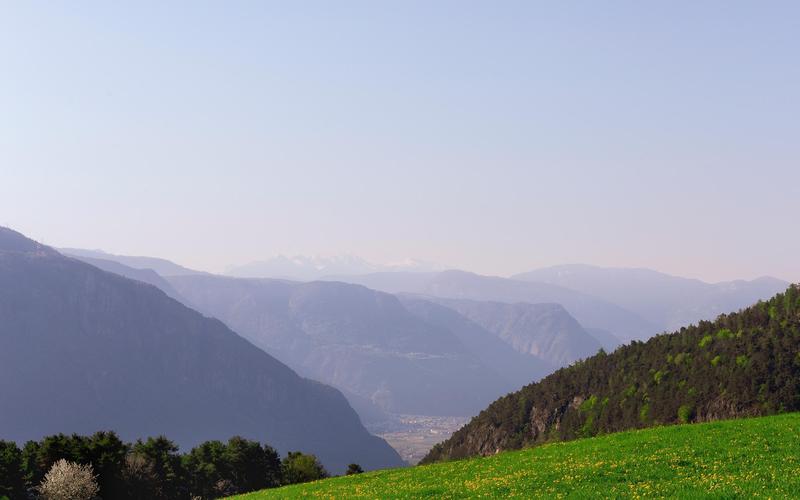The Enduring Fame of Napoleon in Popular Culture
Napoleon Bonaparte, the Corsican-born conqueror of Europe, is one of the most iconic figures in history. A military genius, a statesman, and a visionary, he left a lasting impact on the world that still resonates today. But it’s not just his political and military achievements that have captured the public’s imagination. It’s his personal story—the rise from obscure origins to become the ruler of a vast empire and his tragic downfall—that has inspired countless artists and writers.
The Making of a Legend
Napoleon’s own strategic use of propaganda created his mythos. Through his leadership, he managed to shape the story of his own life to emphasize his successes, while minimizing his mistakes. His army and officials religiously spread his biography and accomplishments. He created an image of himself as a hero who had risen from humble origins to greatness through his own merit. His military victories and political reforms transformed him into an international hero and an object of fascination across the globe. Even today, Napoleon continues to be the subject of a variety of retellings in the media and popular culture.
The Popularity of Napoleon in Literature and Film
Napoleon’s spectacular rise and tragic fall has inspired writers from all over the world to create compelling narratives. In literature, Napoleon has been depicted as everything from a romantic hero to a dangerous megalomaniac. Leo Tolstoy and Victor Hugo were both influenced by Napoleon’s life and featured him prominently in their novels. His enduring popularity in French literature is evidenced by the fact that he still stands as a favorite among frequent novel themes.
In film, Napoleon has been the subject of several iconic movies. Sergei Bondarchuk’s 1967 epic “War and Peace,” features one of the most famous portrayals of the Emperor, while Stanley Kubrick’s 1975 film “Barry Lyndon” also included Napoleon as a cameo character in the battle scenes. In 2002, director Ridley Scott brought the story of Napoleon to television in “Napoleon,” a mini-series chronicling the Emperor’s life from his early days in Corsica to his defeat at Waterloo.
Napoleon’s Legacy in Art
While Napoleon himself had a keen interest in art, his impact on the art world extended beyond his patronage. Artists across Europe were inspired by Napoleon’s life and created works that capture his intellect, bravery, and fatalism. Jacques-Louis David, perhaps the most well-known painter of Napoleon in his time, created several portraits of the Emperor in different stages of his life from his early officer days to his abdication.
The Fascination Continues
Napoleon’s impact on popular culture is significant because of his enduring fascination. As time has elapsed since his death, his legend has only grown stronger. While he still remains a somewhat controversial figure, the enduring fame of Napoleon in popular culture shows no signs of fading anytime soon.
Conclusion
Napoleon Bonaparte definitely made his mark on the world. It is clear that his outstanding military might was just one part of why he continues to be renowned. His intriguing story, charisma, and strategic mythmaking made him a hero in the eyes of many generations. His indelible legacy continues to inspire and impact new generations, even those who may view him in a more ambivalent light.
(Note: Do you have knowledge or insights to share? Unlock new opportunities and expand your reach by joining our authors team. Click Registration to join us and share your expertise with our readers.)
Speech tips:
Please note that any statements involving politics will not be approved.
